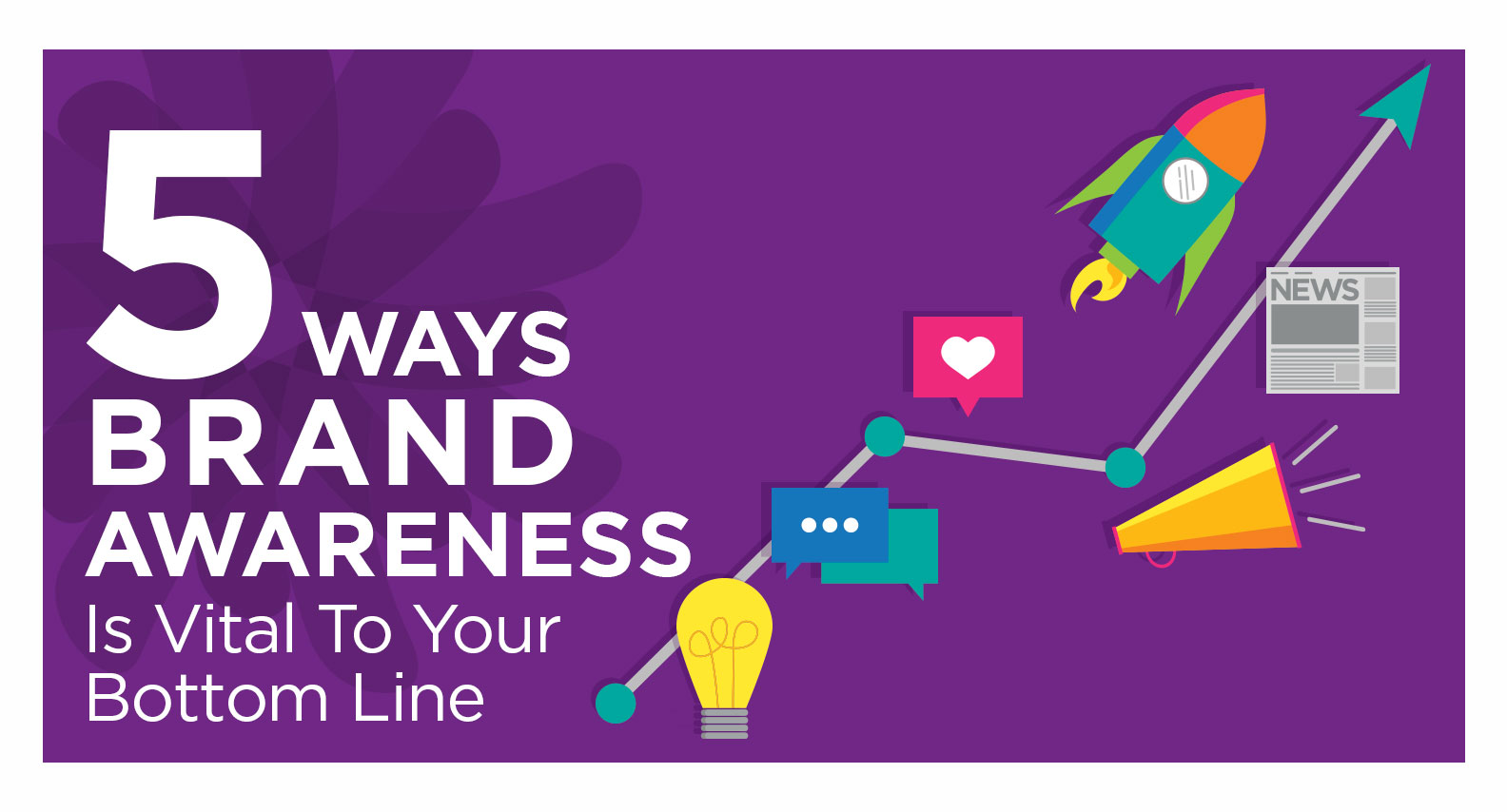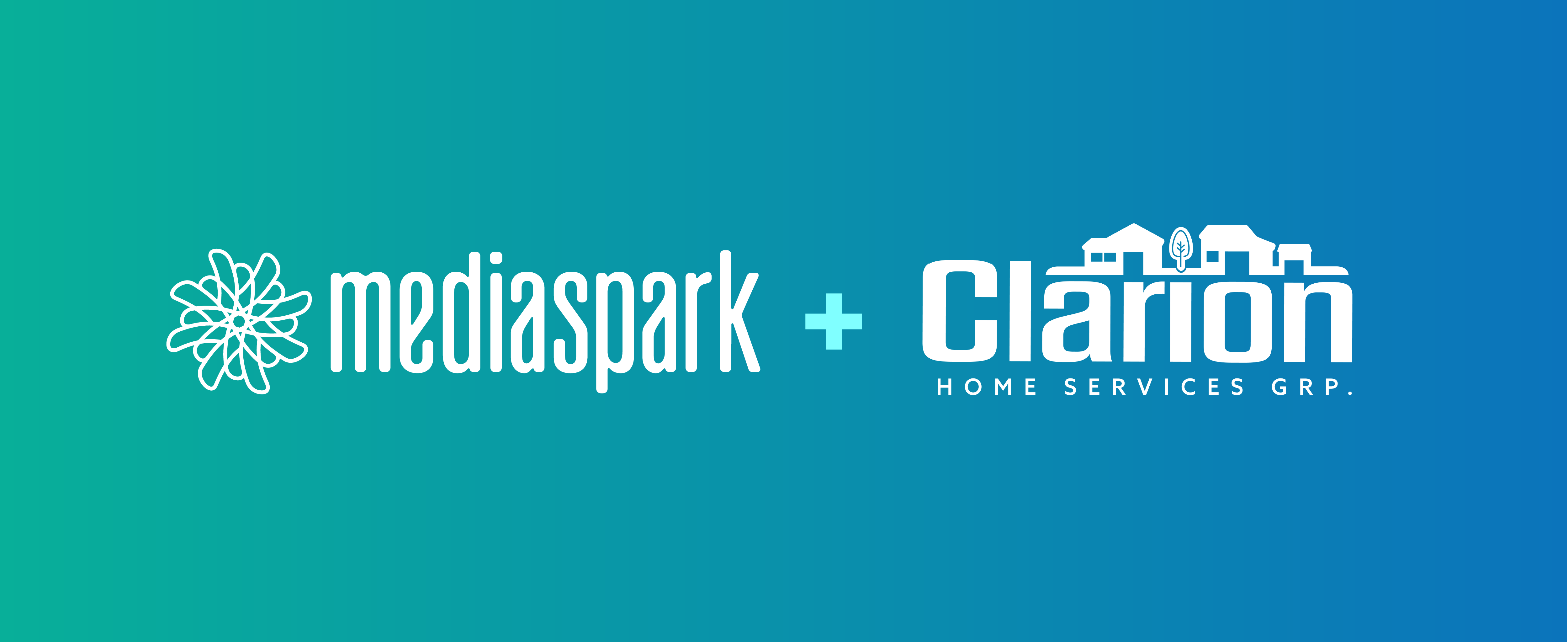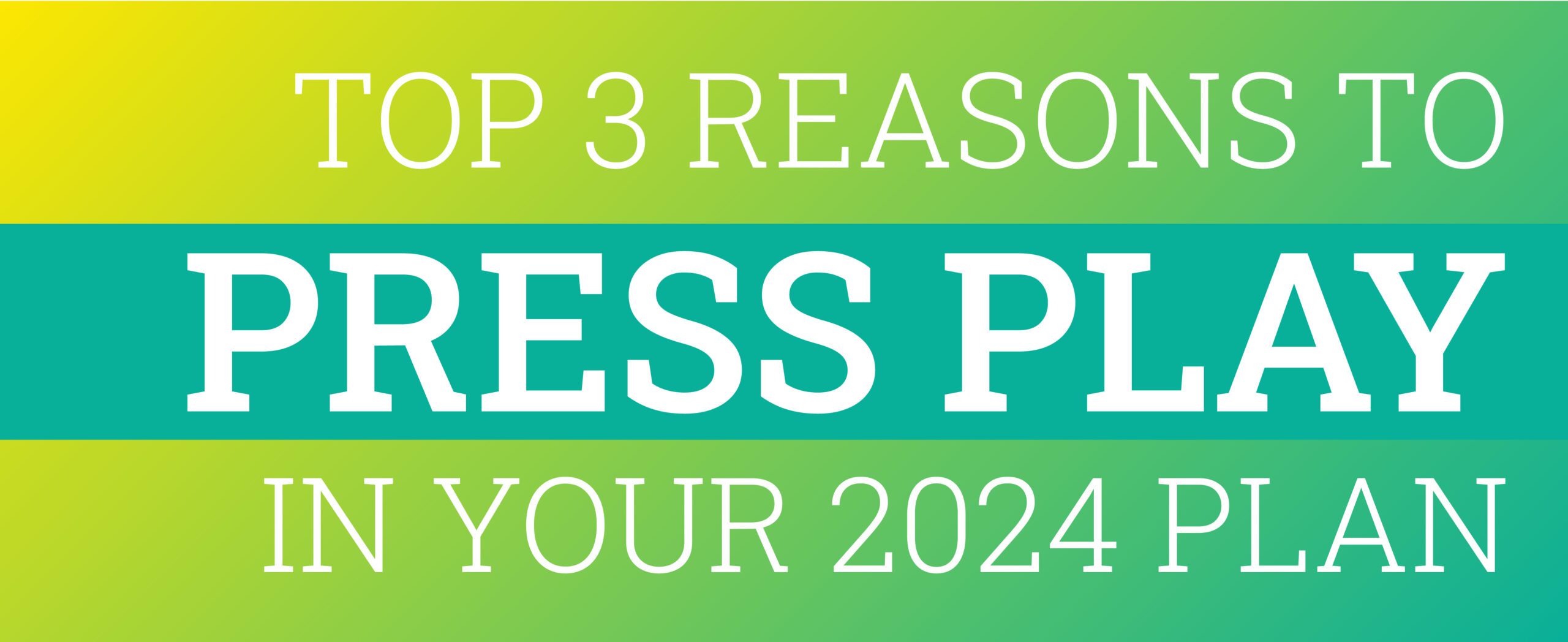Many things can make up a brand, but the essential elements are the ones that build meaningful connections with your audience. That’s all a brand is, after all – a collection of perceptions, values, personalities, and influence. In other words, your brand isn’t your logo. Your brand is your reputation. And the healthier your reputation, the healthier your bottom line.
1. Branding is an investment.
I know what you’re thinking: “Why should we spend money on branding when we need sales now?” Here’s the deal. People can’t buy your product or service if they aren’t aware of what it can do for them—or if they aren’t aware of it at all. A strong branding strategy – one that includes everything from the tone you use on social to the graphics you use on billboards to the way you deliver results – is like the consistent training you would do for a marathon; every mile you put under your foot builds up to the next one. The difference between running a marathon and brand awareness is that you and your consumers are training together. If you don’t meet them step for step, neither of you will cross the finish line—or the bottom line.
Quick Take: When you always focus on short-term sales, you will always get short-term results. Is that really what you want?
2. Positive brand awareness can triumph over negative press.
“When men speak ill of thee, live so as nobody may believe them.” Plato may not have been a marketing genius, but his philosophy rings true centuries later. It’s human nature to give the benefit of the doubt to people – and companies – we like. When you build a brand that is self-curated, unique, and grounded in positivity, and you deliver your products and services with that authenticity, you build consumer loyalty and trust. And consumer trust is more resilient than you think. Think about Facebook, for instance, which escaped congressional hearings and public outcry most of us still willingly and happily use it. Some of this is because it’s so deeply embedded in our daily lives – we’d be lost without it, right? – and that, my friend, is really good branding.
Quick Take: When in doubt, appeal to human nature. The more personable a brand becomes, the more sympathetic consumers tend to be.
3. Weak branding can restrict your progress.
Conversely, a recent Forbes article cited Uber’s strongest branding attribute – an industry disrupter – as one of the reasons it can’t seem to escape its shame spiral (from potentially illegal activities to the #deleteUber movement). Branding goes beyond a logo; it is really about the entire customer experience and how your customers perceive you. It not only must evolve as your company does, but it should also be a process you think about from the inside out, from the health of your internal culture to how you would like to be perceived in one, five, and ten years down the road.
Quick Take: A company’s “true colors” goes beyond their brand guidelines. Clearly defined core values can serve as a guide to growth—as long as you don’t ignore them.
4. Strong branding is the difference between cost and value.
Companies that view their marketing budgets as a slush fund tend to find themselves scrambling at the end of every quarter. They discount their services and products for a quick profit, mortgaging themselves, their employees, and their potential for a chance to stay afloat. And let’s face it, no one really wins when you compete for price. Consumers who get a great deal initially will expect that cost savings every time, and companies eventually give consumers exactly what they pay for—which ends up not being enough.
Quick Take: Establish a fair market price, deliver trusted results, and stand behind what you do. If you don’t fully value your products, no one else will either.
5. Brand awareness starts with you.
If you want to grow brand awareness with consumers, you have to know where you are and where you want to go. Here are a few ways to measure brand awareness.
- Direct traffic. How many people find your website by actively searching for your name? Your percentage of this “direct traffic” is an indicator of brand awareness; instead of seeking what your company does or by relevant keyword, they recalled you by name.
- Earned media. How many times has your company been mentioned in online articles or the press? Earned media is a great indicator of brand awareness; the more influencers you attract, the wider your audience becomes.
- Shared content. Are your blogs being shared? You can see how well you’re building your online community when you post a blog update on social media and measure the average number of shares.
- Social engagement. How much are people engaging with your brand on social media? Do your followers like or comment on posts? Do they share your brand experience with others in the form of reviews and tags? Do you engage right back?
I’ll cover more about how to increase brand awareness in coming articles, but this is a good start to understanding why it’s important and how to track it. Want more help? Contact us. We can show you how the right marketing efforts for long-term branding can make your cup runneth over—and raise the gauge on your bottom line.





